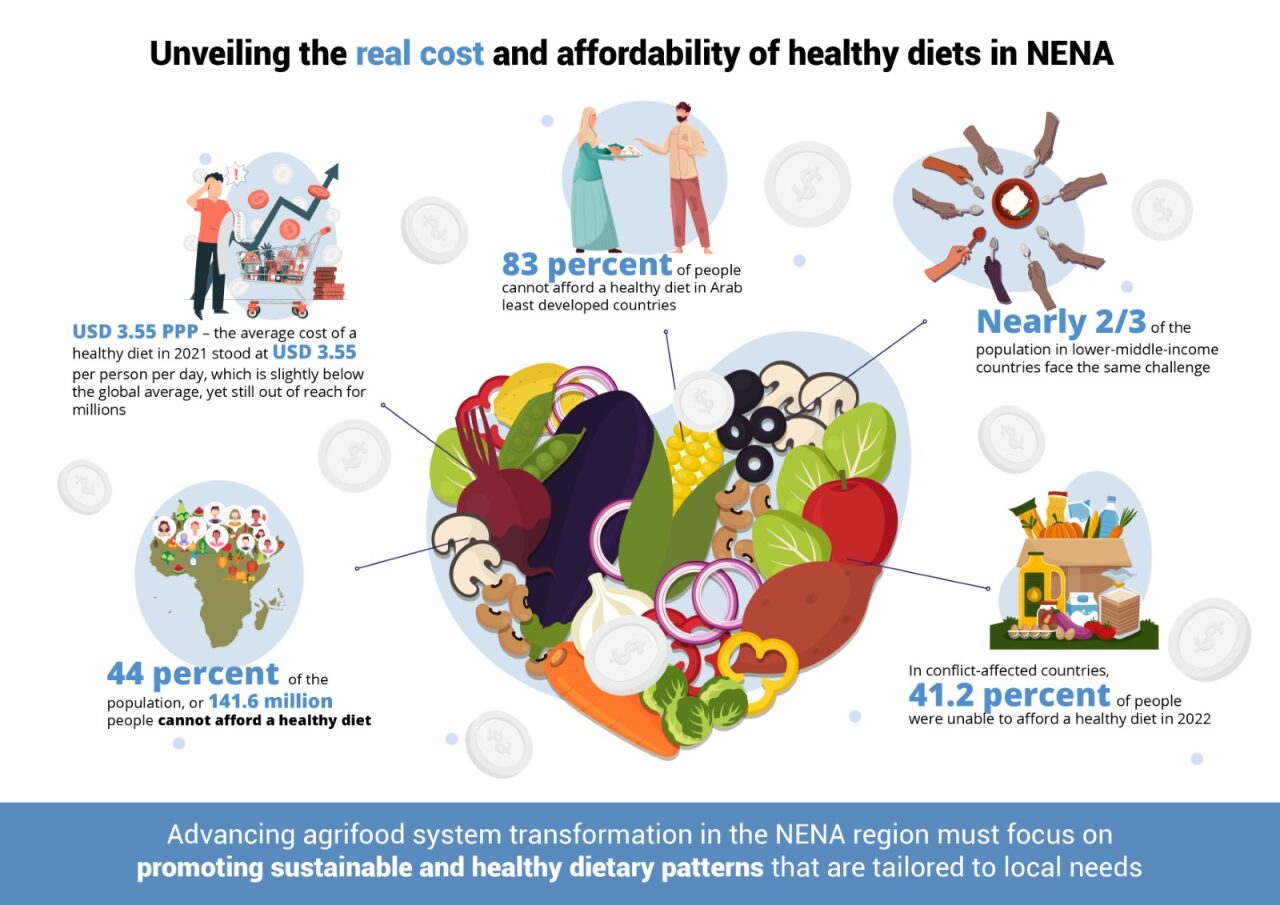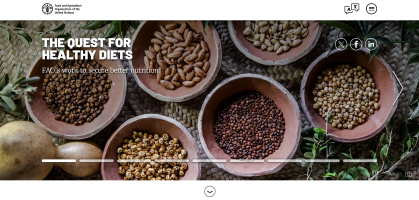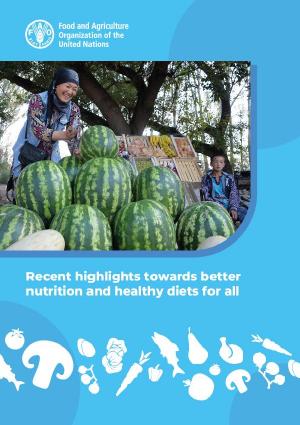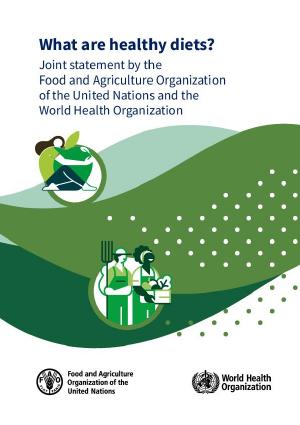Healthy diets for all
In the Near East and North Africa (NENA) region, access to healthy diets is a growing concern, one that sits at the heart of food security, public health and sustainable development. Under the ‘Food security and healthy diets for all’, regional priority 2 (RP2), FAO focuses in ensuring access to healthy diets which requires a comprehensive and gender-responsive transformation of agrifood systems; recognizing that women and girls face unique barriers in accessing nutritious food across different life stages. This approach integrates nutrition, sustainability, and economic development to address evolving food environments, climate challenges, and shifting consumption patterns.
What is a healthy diet?
According to FAO, a healthy diet is adequate, diverse, balanced, and moderate, ensuring that people receive the necessary nutrients while avoiding harmful excesses. From this perspective, it should be:
Adequate: meeting, but does not exceeding, our energy and nutrient requirements;
Diverse: including a wide variety of nutritious foods across different food groups and for diverse categories of populations including women and marginalized groups. With this, we are ensuring an adequate intake of essential vitamins, minerals, and other dietary components.
Balanced: meaning that energy intake from proteins, fats, and carbohydrates is proportioned to support healthy growth, weight maintenance, and disease prevention.
Moderate: noting that foods high in salt, sugar, and unhealthy fats should be consumed in limited quantities to reduce the risk of diet-related illnesses.
Over the past 50 years, food systems worldwide have transformed significantly, evolving from predominantly rural and traditional structures to more industrialized, consolidated, and globalized models. While traditional diets once supported healthier nutrition, changing food environments, economic pressures, and climate change have increasingly challenged access to safe, diverse, and nutritious diets
In NENA countries, many vulnerable communities continue to struggle with deficiencies in micronutrient, impacting growth, health and cognitive development whilst diet-related diseases, due to the consumption of foods high in sugars, unhealthy fats and sodium, are increasing from very early ages.
This dietary transition has contributed to rising rates of obesity and diet-related non-communicable diseases.
Unveiling the real cost and affordability of healthy diets in NENA
Similarly, the affordability of a healthy diet remains a major challenge, putting millions at risk of malnutrition and food insecurity.
Unveiling the real cost and affordability of healthy diets in NENA
Similarly, the affordability of a healthy diet remains a major challenge, putting millions at risk of malnutrition and food insecurity.
The cost of a healthy diet (CoHD) indicator provides national-level estimates of the cost of acquiring the cheapest possible healthy diet in a country, defined as a diet comprising a variety of locally available foods that meet energy and nutritional requirements.

FAO´s work
FAO´s technical leadership in enhancing governance frameworks is crucial to strengthening the rules, institutions, and processes that shape how food is produced, distributed, and consumed, ensuring they are more effective, inclusive, and aligned with sustainability and nutrition goals.
Key efforts include:
- Developing national capacities to embed an agri-food systems thinking into their policy frameworks, ensuring that food systems contribute to better nutrition, food security, and environmental sustainability
- Promoting sustainable food policies that align with national development priorities and global food security goals
- Enhancing stakeholder engagement to facilitate evidence-based decision-making and inclusive food system governance.





